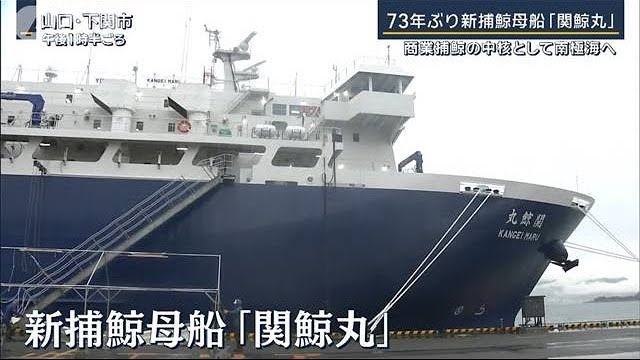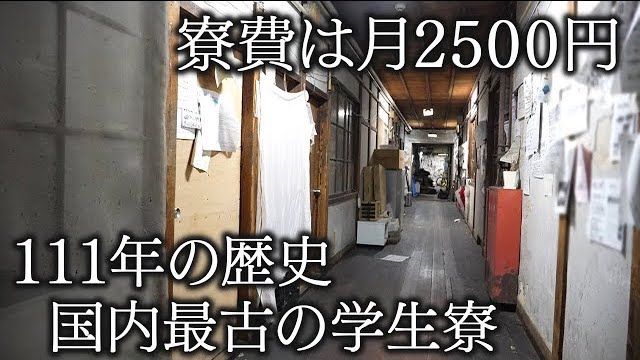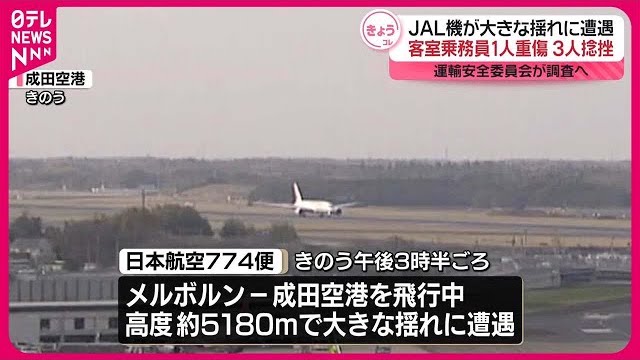Single bananas. Hard boiled eggs. Chocolate chip cookies. In convenience stores across Japan these items all have something in common: they are routinely sold tightly swaddled in plastic wrapping.
It's been that way for decades.
Retailers believe that if items aren't wrapped in plastic it's hard to guarantee food safety standards in the supply chain, according to a spokesperson for Lawson, a nationwide chain of convenience stores.
But Japan's deep reliance on plastic doesn't end with wrapping single items.
Of the 540 billion plastic shopping bags used annually worldwide, consumers in Japan get through about 30 billion of them. To put that in context, Japan has twice the population of the UK, but uses 17 times as many plastic bags. The US knocks them both out of the park, using an estimated 100 billion bags each year.
On July 1, 2020, supermarkets, department stores and major convenience stores in Japan started charging a fee for plastic bags.
On July 1, 2020, supermarkets, department stores and major convenience stores in Japan started charging a fee for plastic bags.
While Japan generates less general waste per person than most developed countries, it produces more plastic waste per person than anywhere in the world, except the US, according to a 2018 United Nations report.
Japan has made efforts to cut down on plastic waste since it enacted a law in 1991 that put the responsibility for recycling packaging on businesses.
But while other countries have been waging a war on single-use plastic for years, Japan has been slow to the game.
However, that might be about to change. This month the Japanese government introduced a mandatory fee of between 3 and 5 yen (3 to 5 cents) for each plastic bag, matching a move that has already been made in the UK and the US.
Is this a sign Japan is finally ready to tackle its love affair with plastic?
Japan's obsession with plastic dates back to the '60s and '70s, according to Roy Larke, a professor at Waikato University and editor of market intelligence site JapanConsuming. Back then, Japan was viewed as the world's factory, but as its economy boomed the country sought to transform its image from a maker of cheap products to a premium retailer.
Manufacturers paid more attention to packaging to appeal to consumers looking for quality, and the standards were reinforced by retailers who remain convinced that shoppers prefer elaborate wrapping.










